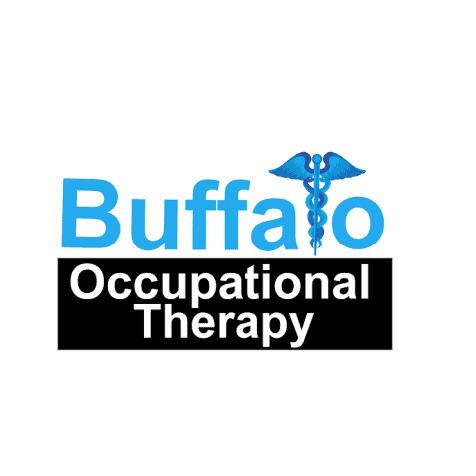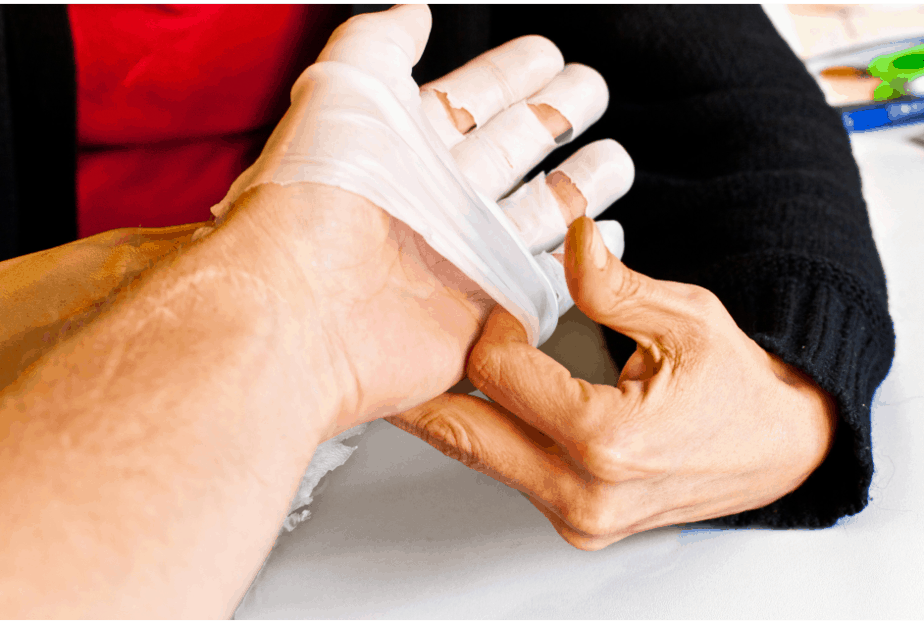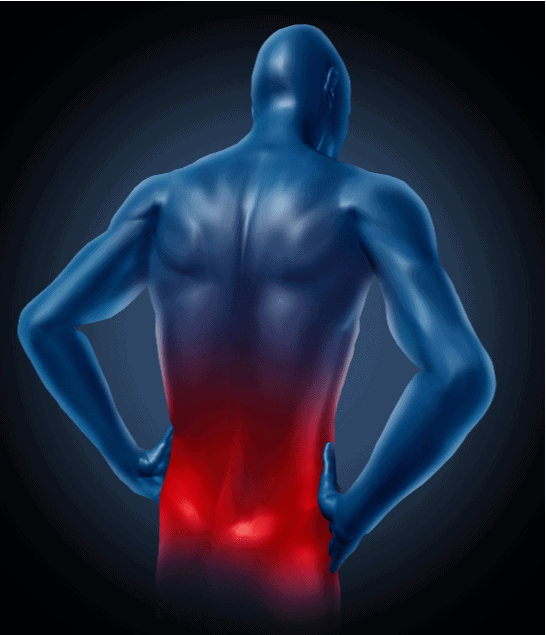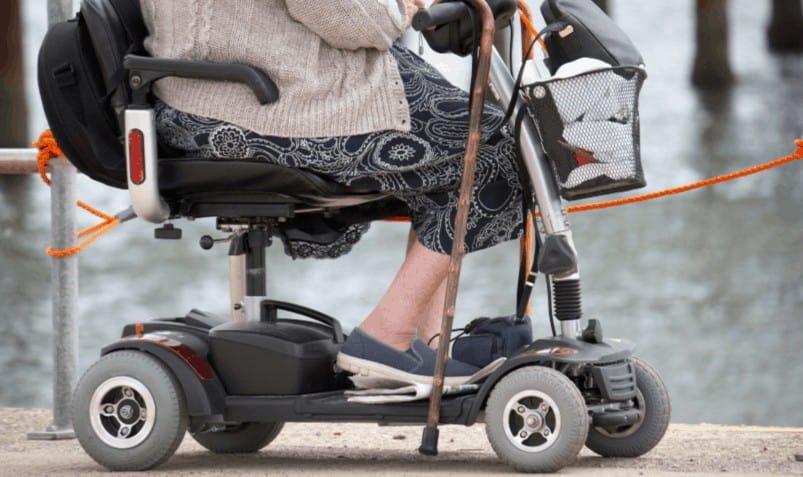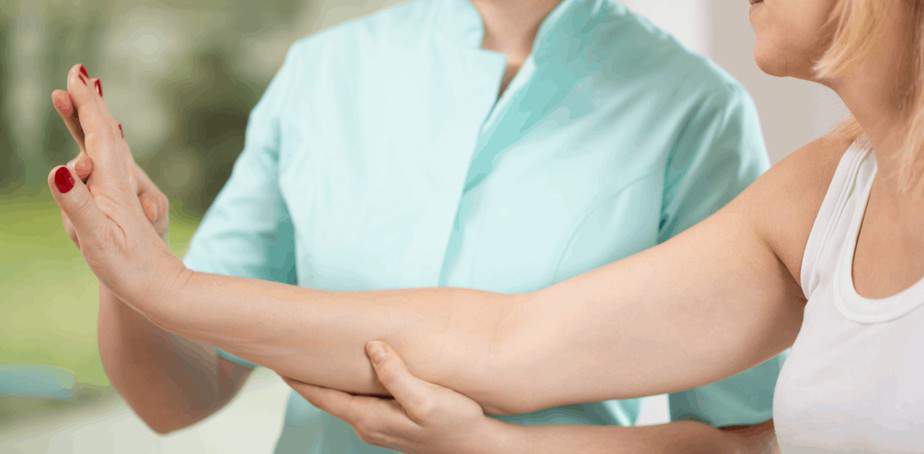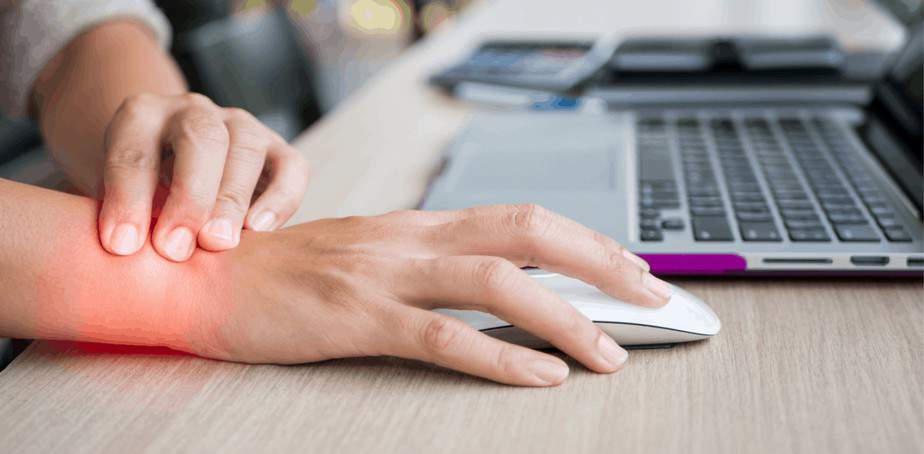Outpatient Occupational Therapy
Authored by Michelle Eliason, MS, OTR/L, CKTS, C.D.S.
What is the role of outpatient occupational therapy?
Outpatient occupational therapy, like every other outpatient rehabilitation, is a specialized area of rehab that makes the ability to recover more accessible for you when you return home. If you have ever complained of chronic pain, had a muscle injury, joint replacement, or other medical event, typically your medical provider will recommend outpatient rehab. The role of occupational therapy is to address your physical concerns, environmental concerns, and functional abilities required for independence.
How can outpatient occupational therapy help you?
Outpatient occupational therapy can help you immediately following a medical event or surgery, but also provide long-term oversight and maintenance if you have a progressive diagnosis like Alzheimer’s disease, Parkinson’s disease, or Multiple Sclerosis. When you choose an outpatient occupational therapy practice, you are creating a long term relationship with a rehab specialist who knows you, your condition, and what you should expect throughout each stage of recovery and/or maintenance.
What are some problems occupational therapy can help solve?
- Your ability to move (upper and lower body mobility)
- Range of motion including effects of a joint contracture, spasticity, or flaccidity
- Upper body and lower body physical function
- Mobility (walking and getting up from a chair)
- Balance
- Cognitive function
- Your ability to take care of your own personal care (ADLs)
- Your ability to complete essential activities for independence (IADLs)
- Learning techniques to improve your planning, reasoning, and organization
- Getting into and out of your home
- Working and returning to work
- Wheelchair Assessments and Positioning
- Community Mobility
- Remaining independent in your home
- Addressing personal concerns, worries, and psychosocial barriers that may be preventing rehabilitation progress
Check out other problems we help resolve!
Helpful Page Definititions
Instrumental Activities of Daily Living (IADLs)
Instrumental Activities of Daily Living (IADLs) are essential for independence in life roles and required for aging in place. There are 8 activities core activities for independence including cooking, cleaning, communication, taking and managing medication, handling your personal finances, transportation and community mobility, shopping
Cooking - The ability to follow a recipe and having the stamina to prepare a meal for yourself and/or your family
Cleaning - The ability to perform light housekeeping including making your bed, doing your laundry, washing the dishes, taking out the trash, vacuuming, sweeping, cleaning your bathroom, etc.
Communication - The ability to use the telephone, the computer, have conversations with people (familiar and strangers), communicate your needs clearly.
Taking medication - The ability to sort and organize your medication or determine a compensatory method to do so as well as taking the appropriate dosage at the appropriate time.
Personal Finances - The ability to establish an organization method to understand financial responsibilities and pay your bills on time.
Transportation - Whether you are driving, calling for a driving service like a taxi or Uber, or taking public education. You must have a defined action plan for community mobility and transportation.
Shopping - The ability to plan transportation, plan a grocery/clothing list of needs for yourself and your home, have the stamina to collect your items at the store, and be able to get them into your house.
Activities of Daily Living
Occupational therapists are trained in occupations and activity analysis. An occupation is an activity that you believe is important to your life. There are many levels of occupations, but activities of daily living (ADLs) are the most personal activities and are usually the ones people find most important if they were to lose the ability to complete them.
ADLs include:
- Bathing and showering
- Getting dressed
- Going to the bathroom
- Walking and getting up and down from a chair or car
- Eating and swallowing
- Feeding
- Sexual activity
- Personal hygiene and grooming
- Being able to use personal care devices like adaptive equipment and durable medical equipment
